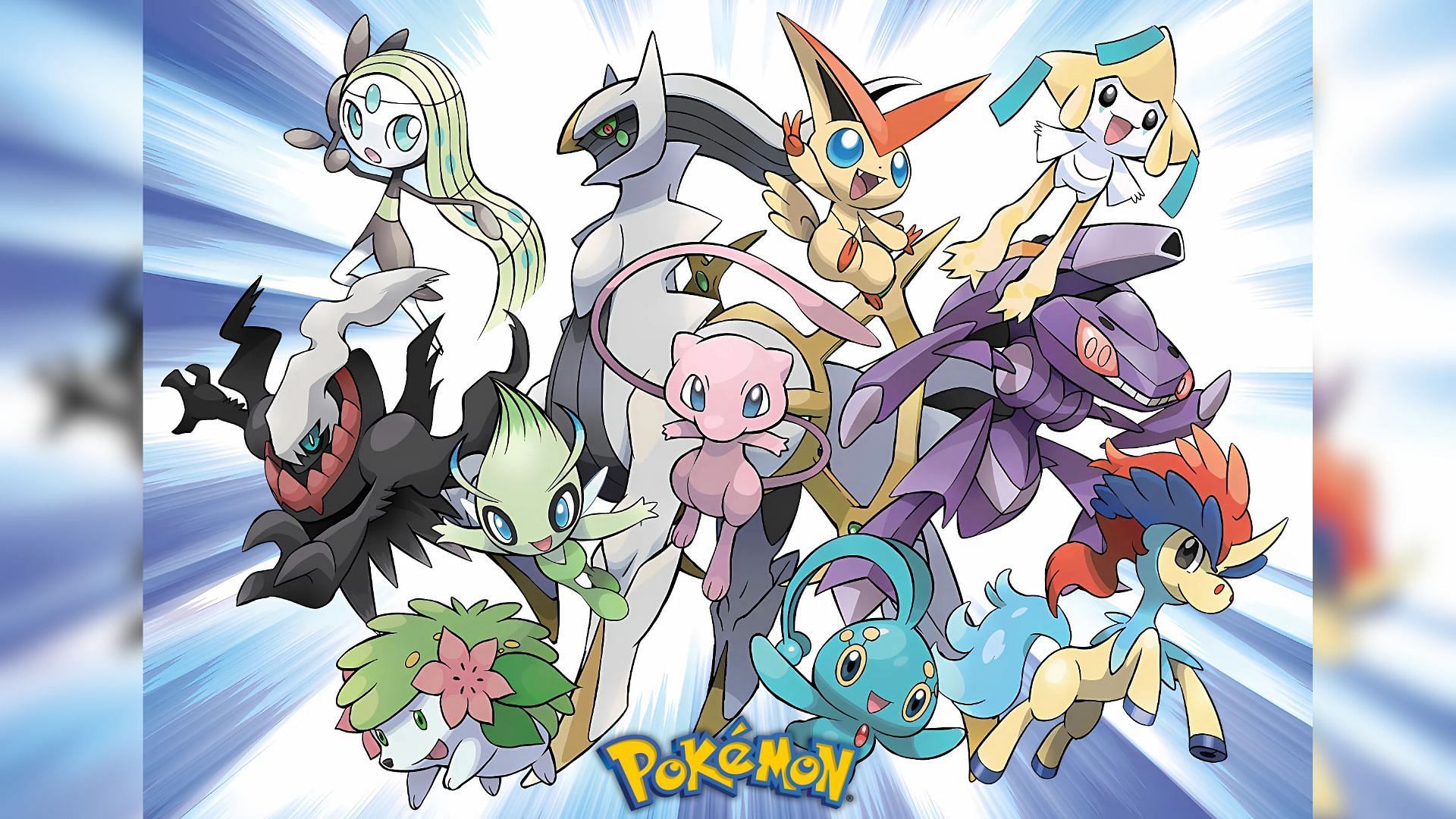
Exploring the difference between Mythical and Legendary Pokemon
The world of Pokemon has fascinated fans for decades, introducing creatures with distinct classifications. However, a topic that often sparks confusion even among long-time fans is the difference between "Mythical" and "Legendary" Pokemon. The terms are frequently used interchangeably, leading to humorous mix-ups and heated discussions within the community.
So, let’s break down the difference and explore why understanding this distinction might just be as important as discerning turtles and tortoises.
Note: This article is subjective and reflects the writer's opinions.
The basics: Legendary Pokemon
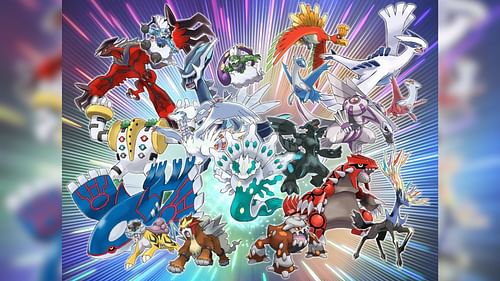
Legendary Pokemon are often seen as the crown jewels of the world. These creatures are usually central to the game's lore, with most players encountering them through special moments in the main storyline.
Take Cresselia, for example, a member of the Lunar Duo, which players can catch through normal gameplay in Diamond and Pearl. This direct availability makes Legendary entities an integral part of the game’s structure.
Typically, Legendaries have significant in-universe legends associated with them, making them well-known figures in their respective regions.
But not all Legendaries are created equal. Some Legendaries, like the famous box Legendaries (Groudon, Kyogre, and Rayquaza), are easy to recognize. They usually have defining characteristics that set them apart as titanic forces of nature or as guardians of balance. In short, Legendary Pokemon are legendary for both their rarity and lore presence.
Also read: Is there a Legends Z-A PC build? Latest leaks suggest so
The Mythical subcategory
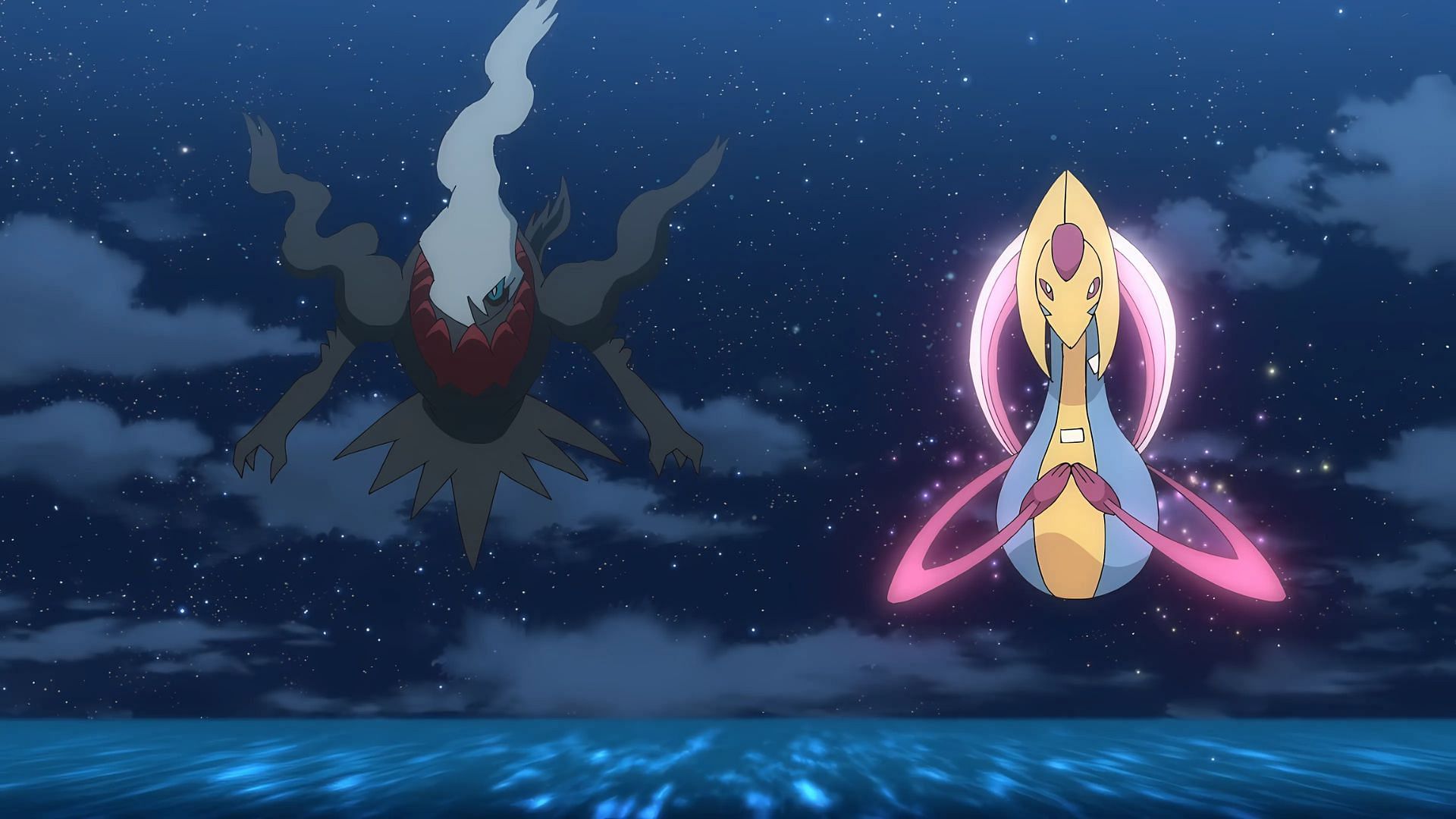
Mythical Pokemon, on the other hand, exist as a smaller, more elusive group within the Legendary category. To the casual fan, Mythical creatures might seem like an extension of the Legendary group — after all, they are both rare and powerful.
But here’s where things get tricky: Mythicals were historically only obtainable through special real-world events. These critters were once distributed as limited-time giveaways at movie theaters or via promotional codes, making them the rarest of the rare. The first of these, Mew, set the standard for future Mythicals.
For instance, Darkrai, another member of the Lunar Duo alongside Cresselia, was only obtainable through an event in Diamond and Pearl, despite its strong connection to the lore. Mythicals, like Darkrai, have an air of mystery surrounding them. They may be hinted at in legends, but very few people in the Pokemon world know of their existence.
This distinction is central to the difference between Legendary and Mythical Pokemon: Mythicals are even more elusive, often known by only a select few in the universe.
Also read: How to get free Shiny Meloetta in Pokemon HOME
Event-based Pokemon: A defining feature
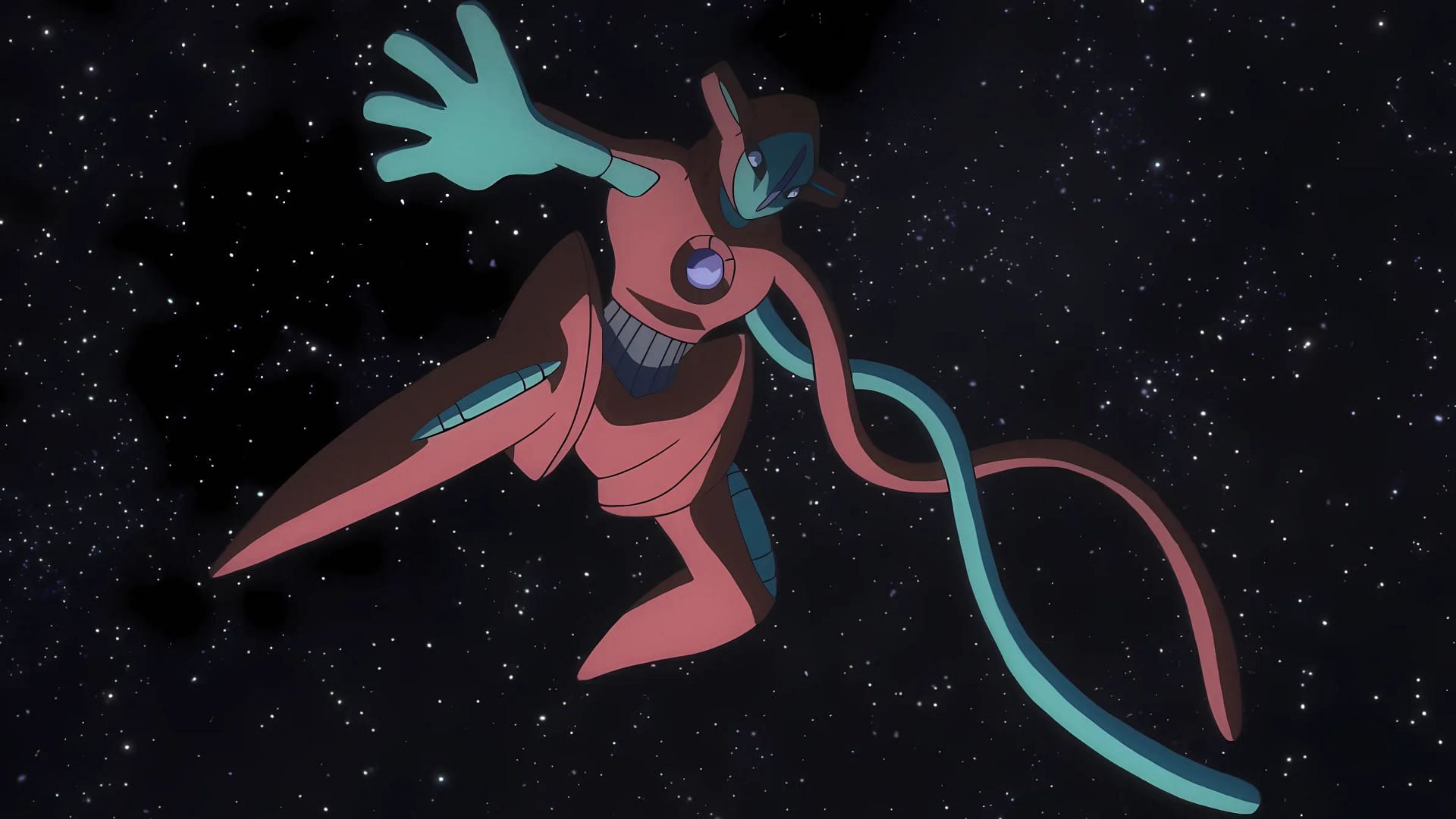
One of the easiest ways to distinguish Mythical Pokemon from Legendaries is through how they’re obtained. As mentioned, Mythicals were traditionally available through special events, not normal gameplay. Whether it was through a movie tie-in or an exclusive download code, getting a Mythical creature required you to be in the right place at the right time in real life.
However, this line has blurred in recent years. Entities like Deoxys, once Mythical, became catchable in the post-game of Omega Ruby and Alpha Sapphire. Similarly, Mythicals like Arceus and Darkrai became obtainable in Pokemon Legends: Arceus, without the need for a special event.
Does this shift mean Deoxys or Darkrai are no longer Mythical? Some fans argue this point passionately, but the consensus is that their status as Mythical remains intact despite their availability.
This debate highlights a key point: while being available through an event is a strong characteristic of Mythical creatures, it’s not necessarily the only defining trait anymore. Still, it plays a significant role in the Mythical identity.
Also read: 5 reasons to be excited about TCG Pocket's release
Mythicals in the modern era
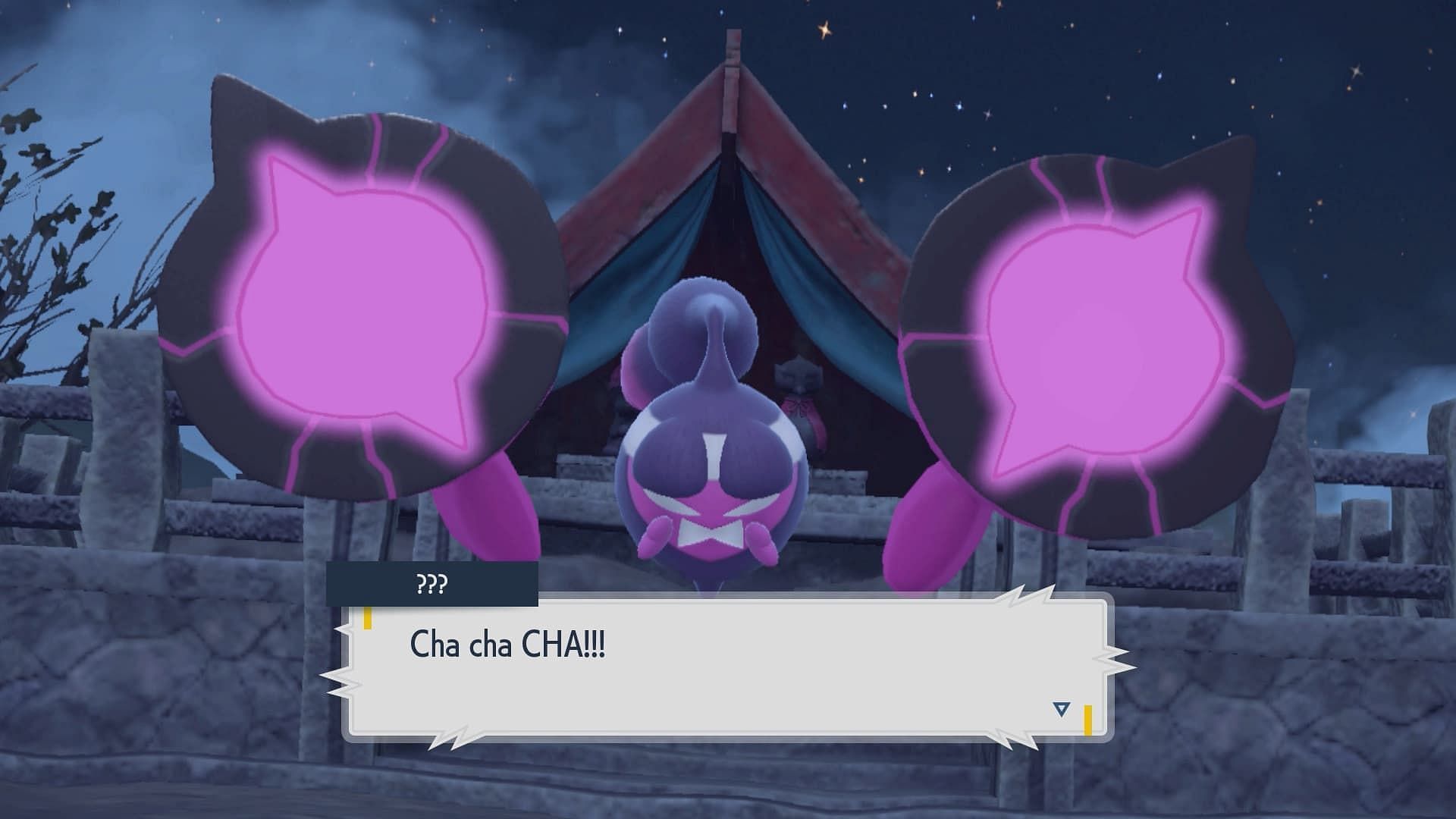
The arrival of Pokemon Scarlet and Violet introduced another twist to the Mythical definition. Take Petcharunt, a critter classified as Mythical, yet catchable in the DLC’s main storyline. Its classification remains "Mythical" in the game’s code, but it is not event-exclusive, which marks a shift in how Mythicals are treated in modern games.
The reasoning behind this remains rooted in the lore. In the Scarlet and Violet universe, nearly nobody knows about Petcharunt, making it a true Mythical. Meanwhile, the Legendary Loyal Three and Ogerpon are well-known in Kitakami as local legends. The availability of Petcharunt doesn’t make it less special, just less reliant on external distribution events.
Also read: Latest Game Freak leaks hint at the origin of the universe
The case of Phione: Mythical or not?
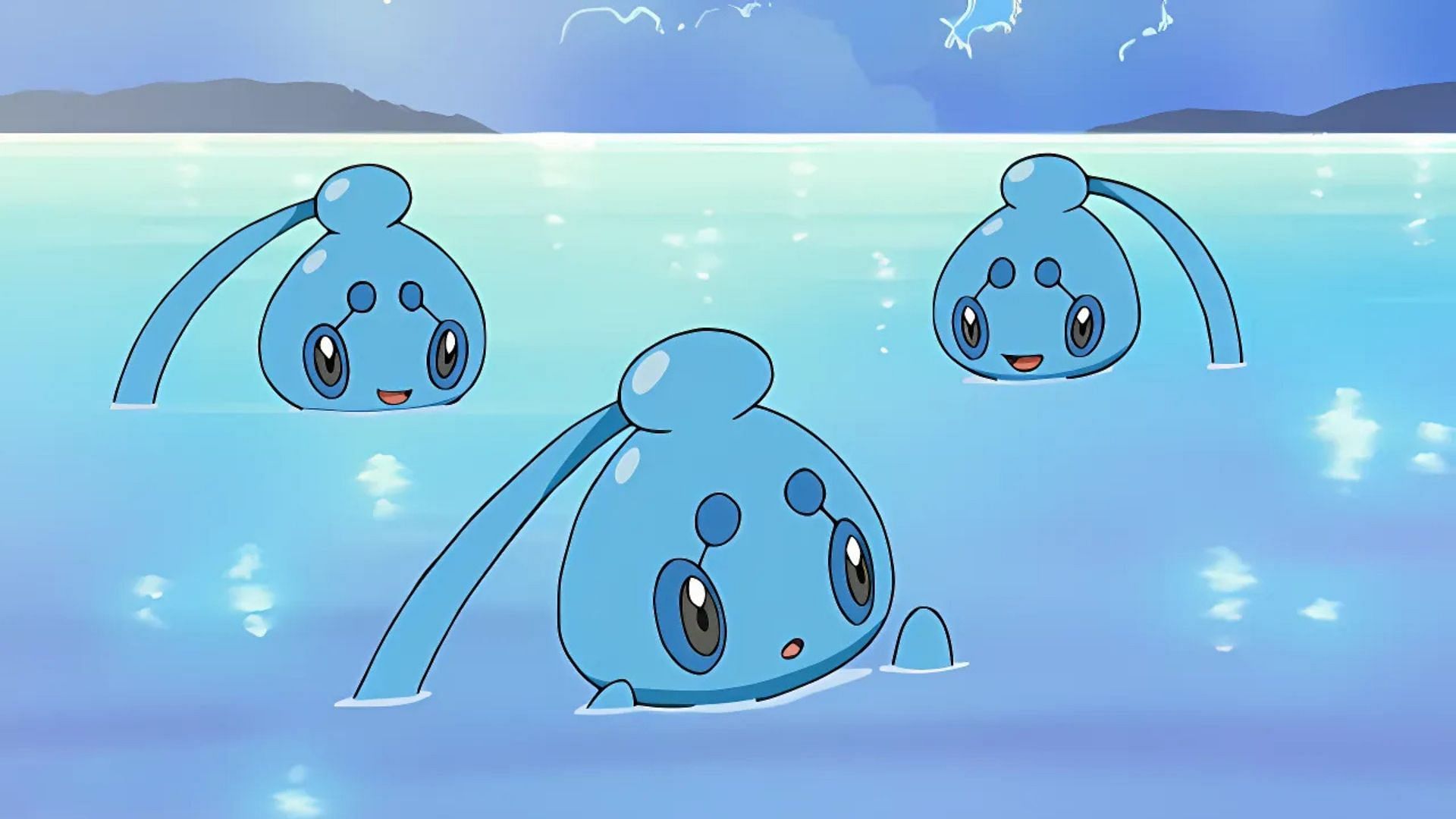
Perhaps one of the most debated creatures in this classification is Phione. It hatches from an egg produced by Manaphy, a Mythical creature, yet Phione’s status has been murky at best. Some official sources don’t classify it as Mythical or Legendary, while others do.
The HeartGold and SoulSilver strategy guide states that Phione isn’t Legendary due to its egg origins, but Pokemon Mystery Dungeon grants Phione special items only given to Mythical or Legendary entities.
To complicate matters, Pokemon Home initially allowed Phione to be traded (something Mythicals cannot do) but later restricted its trade, fueling the confusion.
With such contradictions, some fans have coined terms like “Pseudo-Mythical” to explain Phione’s place in the franchise. Regardless of its classification, the debate over Phione shows how fans love to dive deep into these distinctions.
Also read: What recent Game Freak Leaks say about Legends Z-A
The Legendary-Mythical debate: Does it matter?
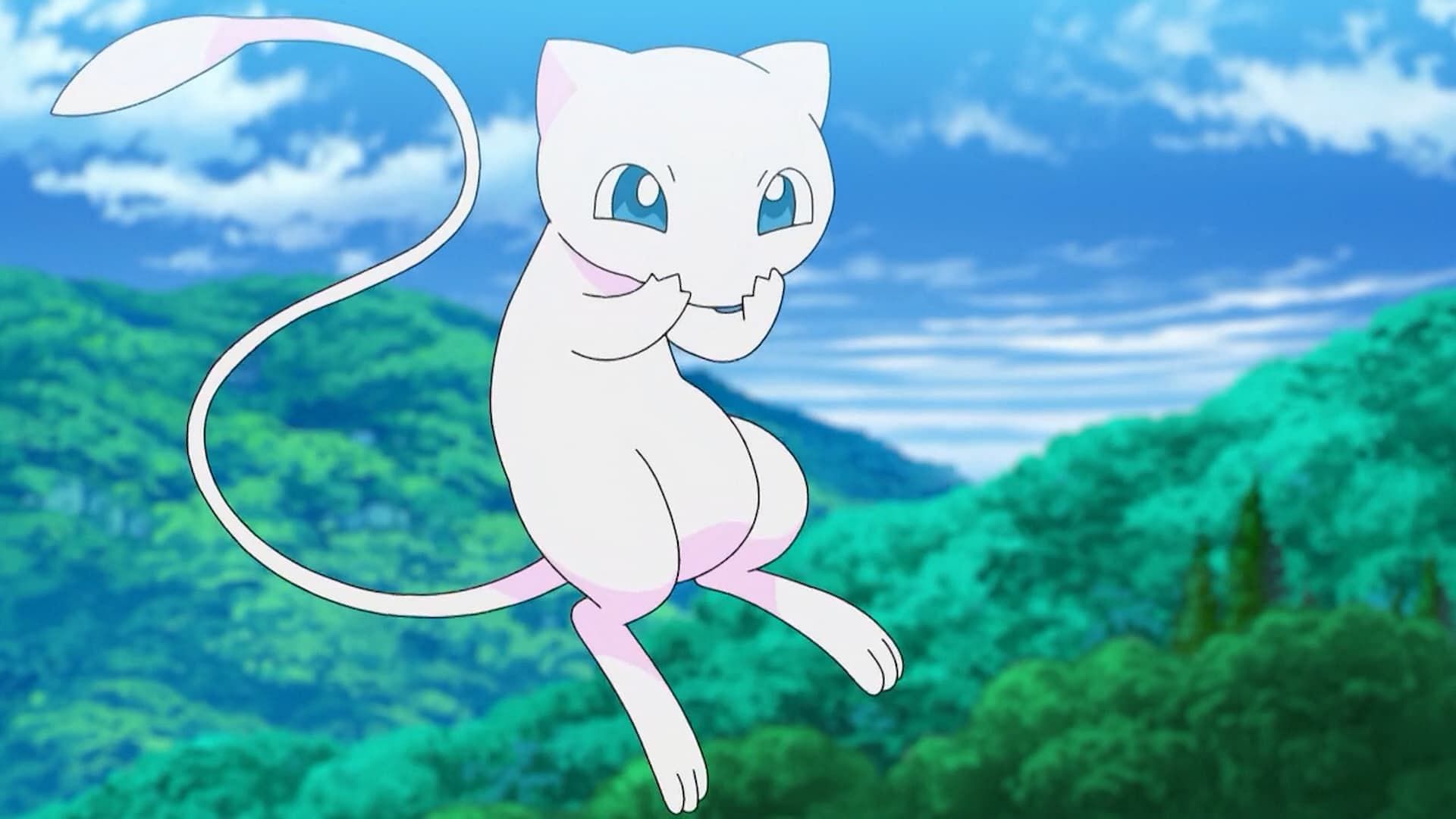
At the end of the day, the difference between Mythical and Legendary creatures may seem like splitting hairs. To the casual player, they are all powerful, rare, and often central to the world's lore.
But for hardcore fans, these distinctions are part of the fun, adding layers of complexity and depth to a beloved franchise.
As new games continue to blur the lines between these classifications, the debates will likely continue. For now, just remember: all Mythicals are Legendary, but not all Legendaries are Mythical.
Much like the turtles and tortoises debate, understanding the finer points of Pokemon lore is a journey — and a fun one at that.
Also read: 5 major highlights from Game Freak leaks